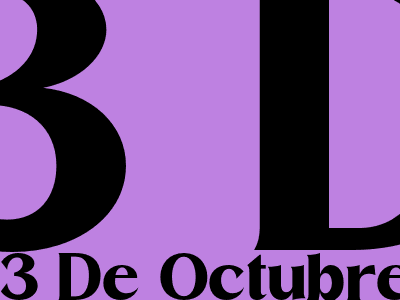SEO for Bloggers: A Comprehensive Guide to Ranking Higher in Search Results
Introduction
In today's digital age, having a strong online presence is crucial for businesses and individuals alike. Blogging has become a popular way to share information, connect with an audience, and build brand awareness. However, simply creating a blog is not enough to ensure that your content will be seen by your target audience. Search engine optimization (SEO) is essential for driving traffic to your blog and improving your visibility in search results.
What is SEO?
SEO is the practice of optimizing your website and its content to improve its ranking in search engine results pages (SERPs). When users search for keywords related to your topic, you want your blog to appear as close to the top of the results page as possible. By optimizing your blog for SEO, you can increase your chances of attracting organic traffic, which is free and highly targeted.
Why is SEO Important for Bloggers?
There are several reasons why SEO is important for bloggers: * **Increased visibility:** SEO helps your blog rank higher in search results, making it more visible to potential readers. * **Organic traffic:** SEO drives organic traffic to your blog, which is free and highly targeted. * **Brand awareness:** A higher ranking in search results can increase brand awareness and credibility. * **Lead generation:** SEO can help you generate leads by attracting potential customers to your blog. * **Revenue generation:** If your blog monetizes through advertising or affiliate marketing, SEO can help you generate more revenue.
On-Page SEO Techniques for Bloggers
On-page SEO involves optimizing the content and structure of your blog to improve its ranking in search results. Some key on-page SEO techniques for bloggers include: * **Keyword research:** Identify relevant keywords that your target audience is searching for. * **Title optimization:** Include your target keyword in the title of your blog post. * **Header tags:** Use header tags (H1, H2, etc.) to structure your content and make it easier for search engines to understand the main topics. * **Content optimization:** Create high-quality, in-depth content that provides value to your readers. * **Internal linking:** Link to other relevant pages on your blog to improve site navigation and help search engines understand the structure of your site. * **Image optimization:** Use descriptive file names and alt tags for your images to help search engines understand their content. * **Meta tags:** Use meta tags to provide search engines with information about your page, including the title, description, and keywords.
Off-Page SEO Techniques for Bloggers
Off-page SEO involves building backlinks to your blog from other websites. Backlinks are like votes of confidence from other websites, and they can help improve your blog's ranking in search results. Some key off-page SEO techniques for bloggers include: * **Guest blogging:** Write guest posts for other blogs in your niche to build backlinks and reach a wider audience. * **Social media marketing:** Share your blog posts on social media to attract backlinks and social signals. * **Directory submissions:** Submit your blog to relevant directories to get backlinks and improve your visibility. * **Broken link building:** Find broken links on other websites and offer to replace them with links to your blog. * **Comment marketing:** Leave thoughtful comments on other blogs in your niche to build relationships and get backlinks.
Technical SEO for Bloggers
Technical SEO involves optimizing the technical aspects of your blog to improve its performance in search results. Some key technical SEO techniques for bloggers include: * **Site speed:** Make sure your blog loads quickly on all devices. * **Mobile-friendliness:** Ensure that your blog is mobile-friendly and easy to navigate on smartphones and tablets. * **Site security:** Use an SSL certificate to encrypt your website and protect your visitors' data. * **XML sitemap:** Create an XML sitemap to help search engines understand the structure of your site. * **robots.txt file:** Use a robots.txt file to control which pages search engines can crawl and index.
Conclusion
SEO is an essential part of blogging for anyone who wants to reach a wider audience and improve their visibility in search results. By implementing the on-page, off-page, and technical SEO techniques outlined in this guide, you can optimize your blog for search engines and drive more traffic to your content. Remember, SEO is an ongoing process, and you should continuously monitor your results and make adjustments as needed to ensure that your blog remains visible and relevant in search results.

3 De Octubre

Comments